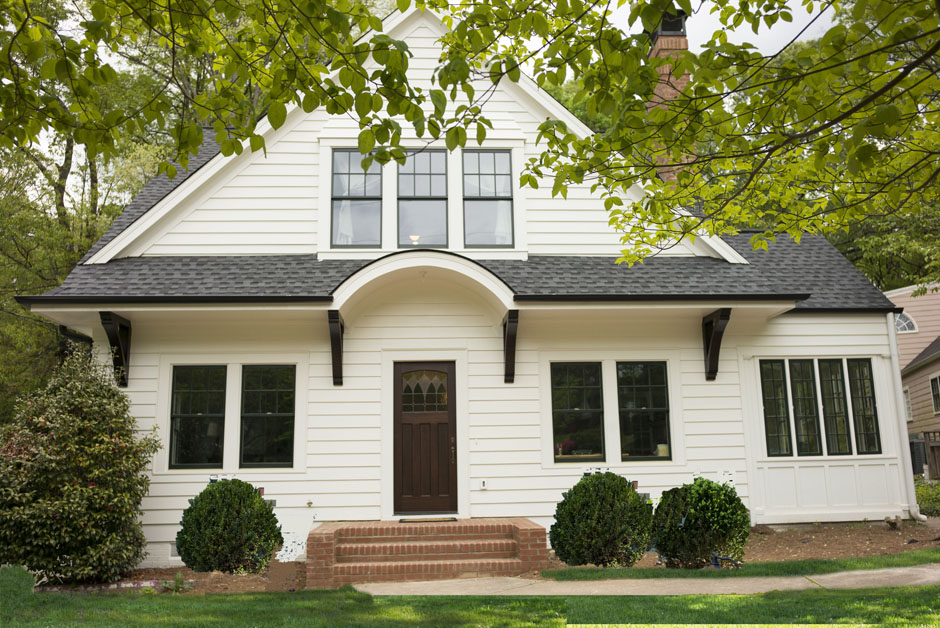2018 Home Improvement Deductions: Know Before Filing Your Taxes
[Click here for 2019 Home Improvement Tax Deductions]
You may have heard that you can claim federal tax deductions on home improvements. Some deductions may be claimed at the time of your home purchase, others during the years you own your home, and still others when you sell. However, there are rules that govern each category.
Today, we’ll walk you through which of your Atlanta, GA, home improvements count toward taxes and the ways in which you can claim and qualify them.
What Counts When You Buy?
Using Your Mortgage to Finance Improvements at Purchase Time- If you’re just now purchasing a home that you know you’ll want to make improvements to in the future, you can save money by taking out a mortgage that includes extra money for home renovations. While it doesn’t sound beneficial to increase your mortgage, doing so enables you to deduct the interest on the extra amount from your income.
What Counts During the Years You Own Your Home?
Health-Related Improvements and Energy Conservation Improvements- Health-related home improvements may be deducted from your income, provided that they are truly made for medical reasons and not for aesthetic reasons or to increase your home’s value. For instance, widening doorways, lowering countertops, installing ramps, or any other changes that make your home more wheelchair-accessible may be deducted since these alterations are medically necessary.
There are also tax incentives in place for home improvements that conserve energy. For example, you can receive a federal tax credit of 30% of the cost of qualifying solar water heaters installed in your home remodel. This break includes the cost of the water heater itself, as well as the cost of its installation. These credits are good through 2019, and then they are reduced each year through the end of 2021. (Note that tax credits for energy conservation must be applied in the same year that any given unit is installed and placed in service. A Manufacturer Certification Statement must be kept on record for write-offs to qualify.) Y
What Counts When You Sell?
Repairs vs. Improvements- While you can’t deduct the cost of improvements the year you spend your money, you may be able to reduce your taxes in the year you sell your house if you keep records of expenses. To know what counts, it’s important to begin by distinguishing between repairs and improvements. Home repairs, such as fixing a gutter, painting a room, etc. cannot be deducted from your taxes.
On the other hand, home improvements that add value to your home, prolong its life, or adapt it to new uses (such as an addition, a new roof, an extra water heater, etc.) are considered capital improvements and are added to your tax basis. When you sell your house, you subtract your tax basis from the sales price to determine the amount of your profit. In other words, tracking home improvements may enable you to report a smaller profit when you sell your house. (See turbotax’s article on “Home Improvements and Your Taxes” for more information.)
How to Avoid Paying Capital Gains on Home Appreciation at Selling Time
Finally, your home may qualify for a home sale exemption. If you sell your primary residence for a profit of $250,000 or less (if you file as a single) or $500,000 or less (if you file as married/jointly), then you do not have to pay capital gains on appreciation.
Home renovations increase your home basis, so they can reduce what’s counted as home sale profit, limiting the taxable portion of your sale price. Visit TurboTax for more information. As always, you’ll want to check all of this information with your own accountant since every homeowner’s tax situation is unique.


